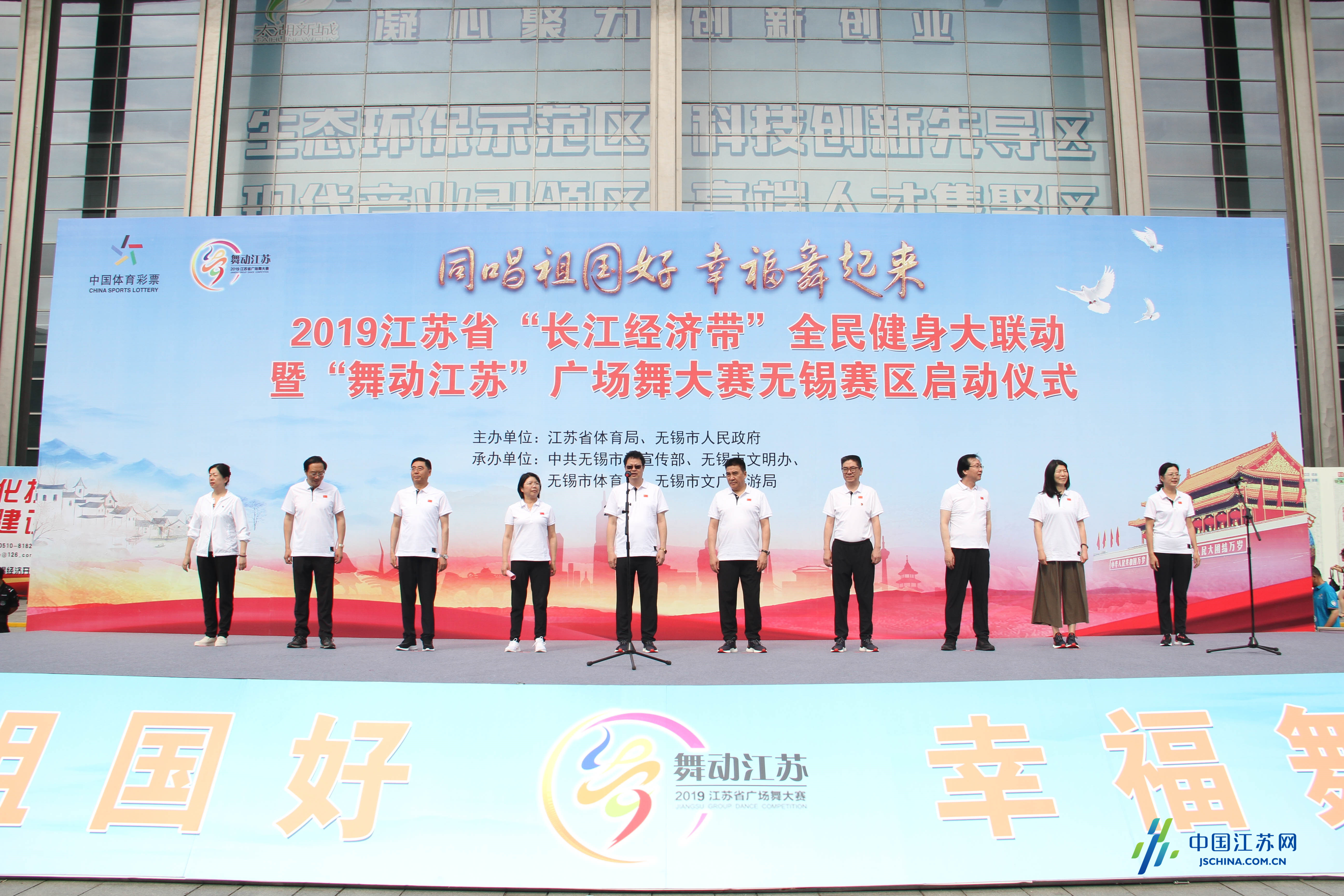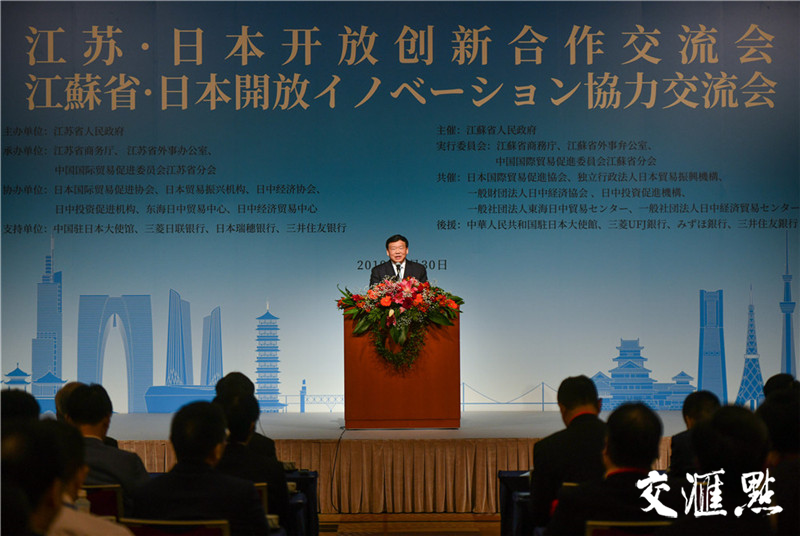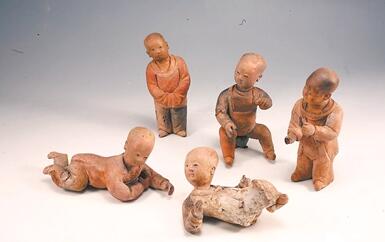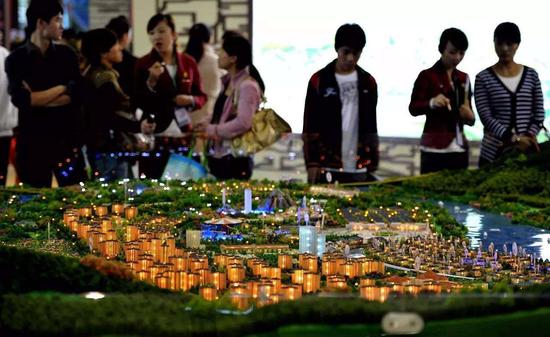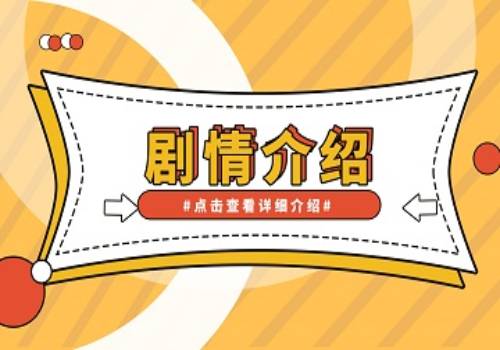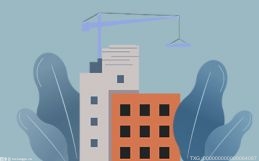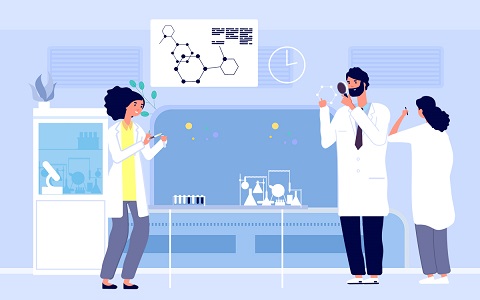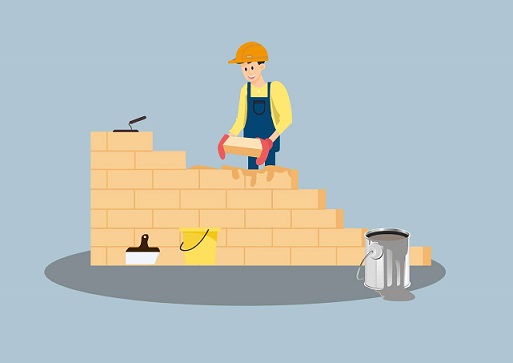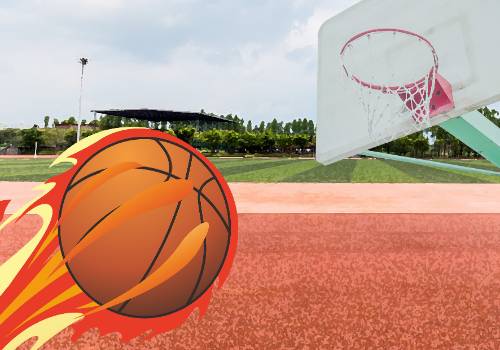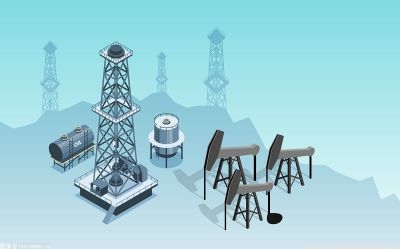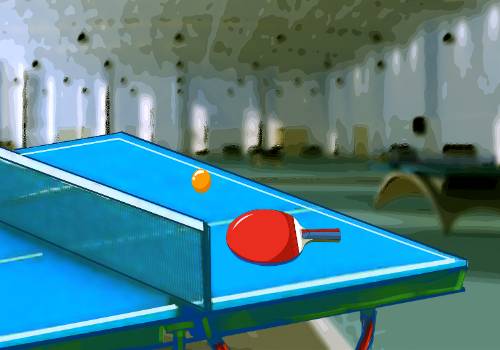 【资料图】
【资料图】
East China’s Jiangsu province has continuously improved a system for natural resource planning, management, and use control in recent years so as to scientifically determine the scale and intensity of production and operation activities, and give full play to land resources to enhance economic promotion.
The recently-opened Suzhou Weili Medical Science and Technology Innovation Park has attracted 14 enterprises with transparent offices, clean corridors, brand new dust-free production rooms, and a clean, beautiful, and orderly production environment.
The park has creatively adopted the mode of industrial upgrading by turning the single storey factory building into a multi-storey high standard factory building so as to have increased the floor area ratio from 0.5 to 2.41, and the land use efficiency by nearly 5 times.
“In the second phase of the project, we boldly tried to raise the production plant to the highest building with nine floors, reaching 54 meters.Why do we try this way? Because during the first phase of the process, we discovered that some of our collaborative industrial chains for medical devices can achieve a concept of upstream and downstream, where the unit output value in a building may be doubled”, Xu Shoujuan, General Manager of Weili Medical Technology Development (Suzhou) Co., Ltd., said.
The phrase ‘industrial upgrading’ is a vivid epitome of the intensive and efficient use of land in Jiangsu. At the end of 2021, Jiangsu issued the Opinions on Further Promoting the Quality and Efficiency Improvement of Industrial Land and its implementation rules to upgrade the industrial land supply mode with eight new measures, including improving the lower limit of floor area ratio of new projects, and open up new space for industrial transformation and upgrading and high-quality development.
In 2022, Jiangsu recorded an average floor area ratio of 1.31 for new industrial projects, up 15.9% year on year.
At the end of 2022, Jiangsu recorded an average GDP of 34000 yuan per mu of construction land, with a decrease of 11% in the area of construction land use per unit of GDP compared with 2020.
In addition to providing new space for high-quality development through innovative policies, Jiangsu has always implemented the strictest farmland protection system, ensuring quantity and improving quality. From the once uninhabited saline alkali wasteland to the current bountiful fields and large granaries, scattered plots have been transformed into grid shaped fields that are easy to irrigate and operate mechanically.
Jiangsu has taken multiple measures to supplement land reserve resources and improve the yield per mu. The province now has a total of 61.4186 million mu of arable land, accounting for 38.2% of the land area. The province has achieved a net increase in the total amount of arable land for two consecutive years. The total grain production has remained stable at over 70 billion kilograms for eight consecutive years. Jiangsu has not only secured the livelihood of its 85 million people, but also shouldered the "Jiangsu responsibility" for the country’s food security.


